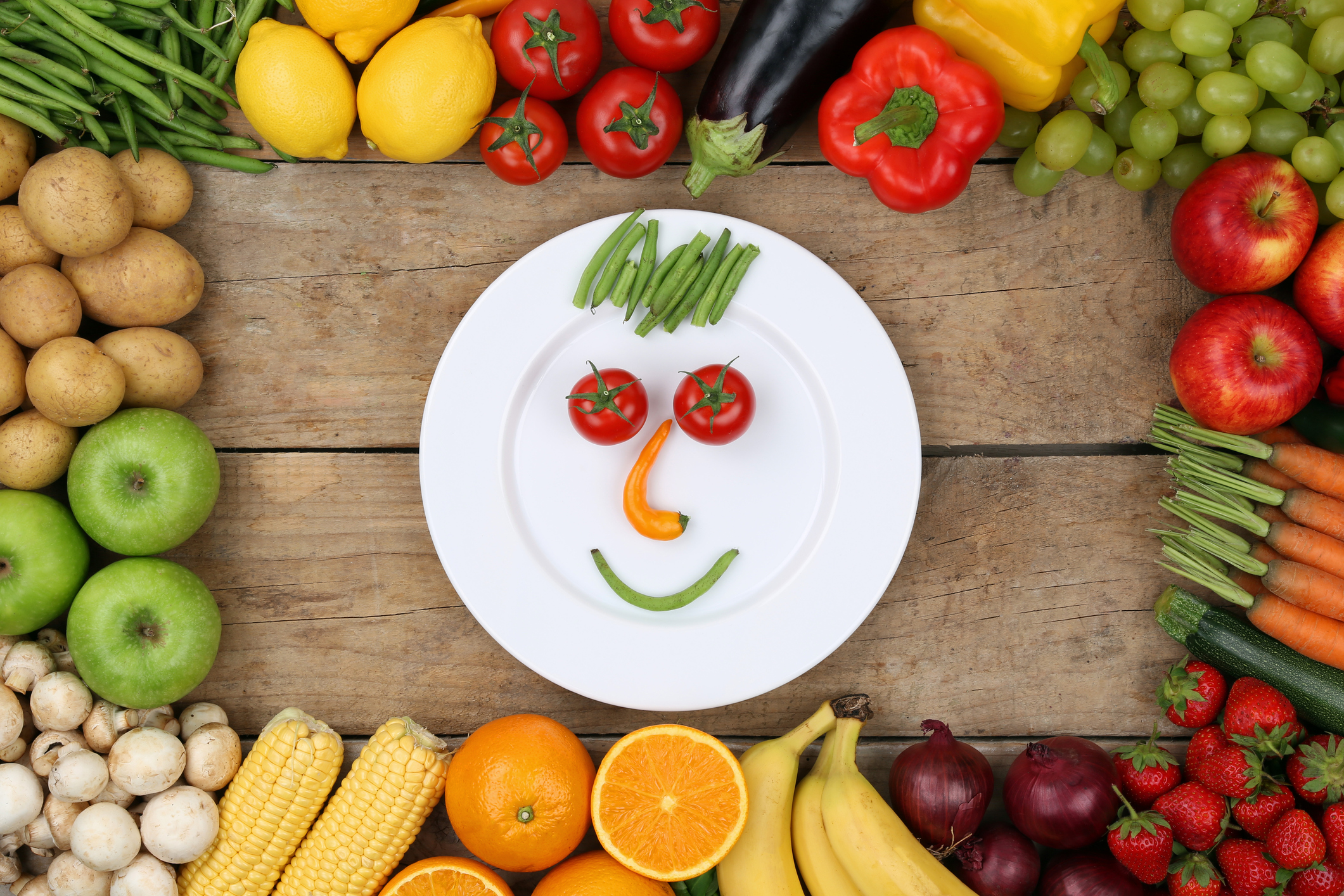Americans discuss food in emotional terms: It can be a comfort, a reward, a guilty pleasure, a bit of nostalgia.
For years, researchers have treated what we eat as a role player in our emotions and science has proven what we put in our mouth affects what comes out of our head.
The "gut-brain axis," as registered dietitian nutritionist Wesley Delbridge explains it, ties our digestive system to how we feel.
"We’re realizing our gut talks to our brain and it can have huge effects on our mood and the emotions we experience," he said. "If your gut is happy, then you’re going to be more happy.”
In 2008, UCLA researchers reviewed 160 studies about how food affects the brain and determined that a balanced diet, along with exercise, can beat back mental disorders.
"Quite literally - we are what we eat," notes Dr. Aarti Gupta, founder and clinical director of TherapyNest, a California center specializing in anxiety and family therapy.
Gupta performs a "functional nutrition assessment' on patients suffering from anxiety or depression. Addressing how much coffee, water or fast food a person consumes can be the first step toward feeling better.
"Considering that our brain and body function due to the food we ingest, metabolize, and reallocate within ourselves," she said, "it makes perfect sense that what we eat also must influence our biochemistry, which is a substantial part of mental health."
So, if food plays a part in our mood, then what should we eat to feel our best?


